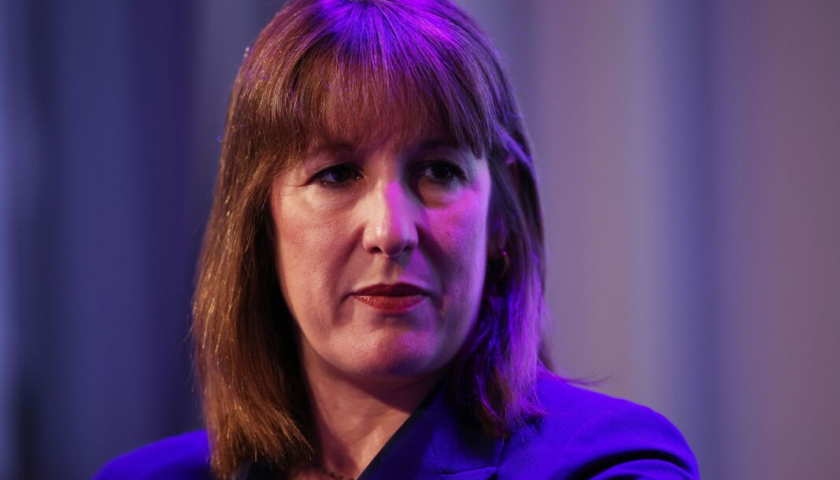Thousands of landlords are rolling off fixed-rate deals in 2025. For many, this means facing significantly higher payments, tighter affordability tests and fewer choices than when they locked in. But remortgaging is not only a defensive move; it can also create opportunities to cut costs, release equity and reposition portfolios. The key is to plan ahead and approach refinancing strategically.
Why 2025 is a Crucial Year for Remortgaging
Between 2019 and 2021, many landlords fixed at historically low interest rates. Those deals are now expiring. Today’s environment is more challenging:
- Base rate increases have driven up stress test thresholds.
- Higher product rates mean cashflow pressure at expiry.
- Lenders are scrutinising affordability more closely, especially on low-yield units.
This is why landlords cannot leave refinancing to the last minute. Preparing early opens more options and avoids being trapped on a lender’s reversion rate.
What Costs Are Involved in Remortgaging?
Remortgaging is not cost-free. The main items to factor in are:
- Arrangement fees – often a percentage of the loan (e.g. 1–2%) or a flat fee.
- Valuation costs – some lenders offer free valuations, others require payment.
- Legal fees – basic remortgage products may include free legal work, but complex portfolios may need specialist solicitors.
- Broker fees – where applicable, these should be weighed against savings achieved.
Comparing products means looking beyond the headline rate to the total cost of credit.
When Early Repayment Charges Apply
If you are still within a fixed term, early repayment charges (ERCs) may apply. These are typically a percentage of the loan balance, reducing each year of the fixed period.
Sometimes paying an ERC is still worthwhile if the savings on the new product exceed the cost of breaking out. For example:
- ERC = 2% on £150,000 loan = £3,000.
- Switching saves £250 per month in interest = £3,000 per year.
- Break-even occurs within 12 months; beyond that, the landlord is ahead.
Remortgaging for Lower Rates vs Equity Release
Remortgaging is not just about reducing cost. Many landlords use it to release equity for expansion or improvements.
Scenario A: Lower rate focus
Landlord refinances at 70% LTV to reduce rate from 6.0% to 5.2%, saving £9,000 annually across a £1m portfolio.
Scenario B: Equity release focus
Landlord refinances a property at 75% LTV, releasing £40,000 to fund a deposit on a new purchase. Payments increase slightly, but portfolio income grows in the long run.
Common Mistakes Landlords Make
- Waiting until expiry. Many landlords leave refinancing until their fixed rate ends, losing leverage in negotiations.
- Assuming the current lender is best. Loyalty does not guarantee the best rate. Competitors may offer sharper terms.
- Ignoring stress test differences. A product that looks attractive may fail affordability if the lender uses a higher stress rate.
- Overlooking hidden fees. A product with a low rate but a 2% arrangement fee may cost more overall.
Case Study: How One Landlord Saved £12,000
Starting position: A landlord with three terraced houses refinanced after their 2.49% fix ended, facing a 7.49% reversion rate. Payments would have risen by £1,000 per month.
Solution: Working with a broker, the landlord secured a five-year fix at 5.25%, saving £12,000 annually versus the reversion rate. The deal included free valuation and free legal work, reducing upfront costs.
Outcome: Cashflow pressure eased, and the landlord reinvested the savings into light refurbishments, further increasing rental income.
Practical Tips for Landlords in 2025
- Review fixed-rate expiry dates across your portfolio six to twelve months in advance.
- Run affordability tests at different stress rates to identify weak points.
- Model whether paying an ERC now could save more in the long run.
- Use portfolio surplus to support weaker units when refinancing in bulk.
- Engage specialist solicitors for complex portfolios to avoid legal delays.
Final Thoughts
Remortgaging in 2025 is a balancing act. While costs have risen, the right strategy can still cut outgoings, unlock equity and stabilise your portfolio. The landlords who plan early and compare total costs, not just headline rates, will be best placed to thrive.
Contact one of our highly experienced mortgage advisors today on 0121 500 6316 to discuss your mortgage needs.



